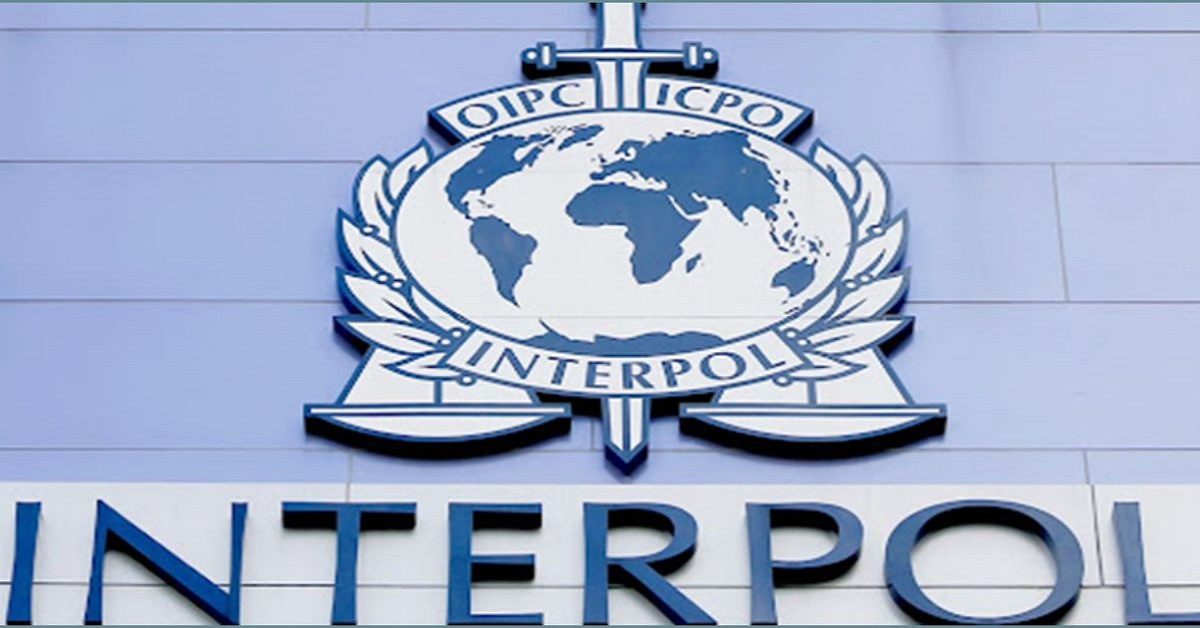In international legal cases, especially those related to extradition and Interpol Red Notices, two main specialists play an important role - an Interpol lawyer and an extradition lawyer. Each of them has its own area of responsibility and a specific approach to protecting the client's rights. Understanding the role of these experts helps to better navigate the processes of international law and choose an appropriate defense strategy. Next, let's look at the differences between their functions and when their services are needed.

Who is an Interpol lawyer?
Interpol lawyers are specialists who work within the framework of international law and specialize in cases related to requests and procedures coordinated by Interpol. This specialist can both advise clients on the legality of Interpol's actions and provide legal defense in cases where a person is accused on a Red Notice. An Interpol lawyer is well versed in the organization's charter and internal regulations, including the rules for issuing and using red notices. He or she also assists with the preparation and submission of requests to the Interpol Commission for the Control of Files (CCF) to verify and defend against an INTERPOL Red Notice or to challenge their use for political or other unacceptable purposes.
Main responsibilities of an INTERPOL lawyer
An Interpol lawyer plays an important role in cases related to international searches. The main responsibilities include:
-
Advice on the legality of Interpol's actions. The lawyer analyzes the use of red notices, checking their compliance with the organization's charter and international standards, and provides recommendations for protection.
-
Submission of requests to the Commission for Control of Files (CCF). Preparing official requests to verify and challenge red notices, collecting evidence in case of political or other illegal motives.
-
Protection of the client's rights. The lawyer protects the client from possible abuse of the Interpol system, ensuring that the red notice is not misused.
-
Consultation and cooperation. The lawyer explains Interpol procedures, represents the interests of clients before international bodies and cooperates with other lawyers to coordinate the defense.
Functions in cooperation with Interpol
An Interpol lawyer has specific functions in cooperation with this international organization, which ensures legal protection of clients and compliance of Interpol's actions with international standards. The main functions of an Interpol lawyer include:
-
Analysis of the legality of Interpol's actions. The lawyer conducts a detailed analysis of the red notices and other requests issued by Interpol to ensure that they comply with the organization's charter and international legal standards. This helps to avoid using the system for political, religious or other illegal persecution.
-
Preparation and submission of requests to the Commission for Control of Files (CCF). An Interpol lawyer prepares formal requests and complaints to the CCF to challenge or verify the legitimacy of red notices. This includes preparing arguments and collecting evidence to prove that the notice is unlawful.
-
Protection of the client's rights. The lawyer protects the interests of the client, ensuring that his or her rights are not violated due to the unfair use of the Interpol system. This may include both consultations and representation in international bodies.
-
Consultations on Interpol procedures. An Interpol lawyer explains to clients how the Interpol system works, what opportunities they have to challenge notices, and how to ensure that their rights are respected. He provides detailed recommendations on further steps and actions in case of receiving a red notice.
-
Monitoring and case support. After submitting a request to the CCF, an Interpol lawyer regularly monitors the case process, responds to requests from the Commission and notifications that may arise in the process. This allows you to keep in touch with the Commission and ensure timely adjustment of the defense strategy.
Who is an extradition lawyer?
An extradition lawyer is a legal professional who specializes in cases related to extradition, which is the process of extraditing a person from one state to another for prosecution or enforcement of a sentence. This specialist has a deep understanding of both international and national legislation governing the extradition process. The main role of an extradition lawyer is to protect the rights of a person who may be extradited to another state.
Main responsibilities of an extradition lawyer
An extradition lawyer plays a key role in protecting the rights of a client who faces the risk of extradition to another state. The main responsibilities of an extradition lawyer include:
-
Analyzing the legality of the extradition request. The lawyer checks the extradition request to make sure that it complies with international treaties, national legislation and adheres to legal norms. He analyzes the validity of the request and possible grounds for refusal of extradition.
-
Client's defense in court proceedings. The lawyer represents the client's interests in court hearings, prepares legal arguments, provides evidence and refutes the arguments of the party requesting extradition. He/she ensures that the client is not extradited without observing due process of law.
-
Advising the client. The lawyer explains to the client his rights and possibilities of defense, provides advice on the strategy of action, helps to understand all aspects of the case, including the risks and possible consequences of extradition.
-
Preparation of documents. An extradition lawyer prepares and submits all necessary documents to defend the client, including petitions, appeals and evidence confirming the groundlessness or illegality of the extradition request.
-
Interaction with other authorities and lawyers. The lawyer cooperates with other legal professionals, state and international bodies to coordinate actions and collect evidence that may affect the decision in the case.
-
Ensuring the observance of human rights. An extradition attorney ensures that his or her client will not be extradited to a country where he or she may face human rights violations, including torture, unfair trial or political persecution.
The role of an extradition lawyer in international cases
An extradition lawyer provides legal protection to a client in international cases involving the extradition of a person to another state. Their role includes verifying the legality of the extradition request, representing the client in court, preparing legal arguments and ensuring that human rights are respected. He also advises the client on the possible consequences and defense strategy, ensuring that the extradition process complies with international and national standards.
Differences between an Interpol lawyer and an extradition lawyer
An Interpol lawyer specializes in issues related to the use of the Interpol system, such as analyzing and challenging red notices. An extradition lawyer protects clients from extradition to another state by checking the legality of requests and representing clients in court. An Interpol lawyer cooperates with the Interpol authorities, while an extradition lawyer interacts with national and international judicial authorities. The main goal of an Interpol lawyer is to prevent misuse of the messages, while an extradition lawyer is to protect the client from illegal rendition and human rights violations.
Why is it important to have the right lawyer in an international case?
Choosing the right lawyer in an international case is crucial. Interpol lawyer Anatoly Yarovyi from Interpol law firm provides protection in cases related to red notices. With deep expertise in navigating Interpol's Red Notice system and understanding the intricacies of extradition law, Anatoly Yarovyi assists clients by advocating for the protection of their rights across borders. His experience covers both preventing wrongful arrests due to Red Notices and challenging extradition requests.
Join LAWyersClubIndia's network for daily News Updates, Judgment Summaries, Articles, Forum Threads, Online Law Courses, and MUCH MORE!!"
Tags :Others












